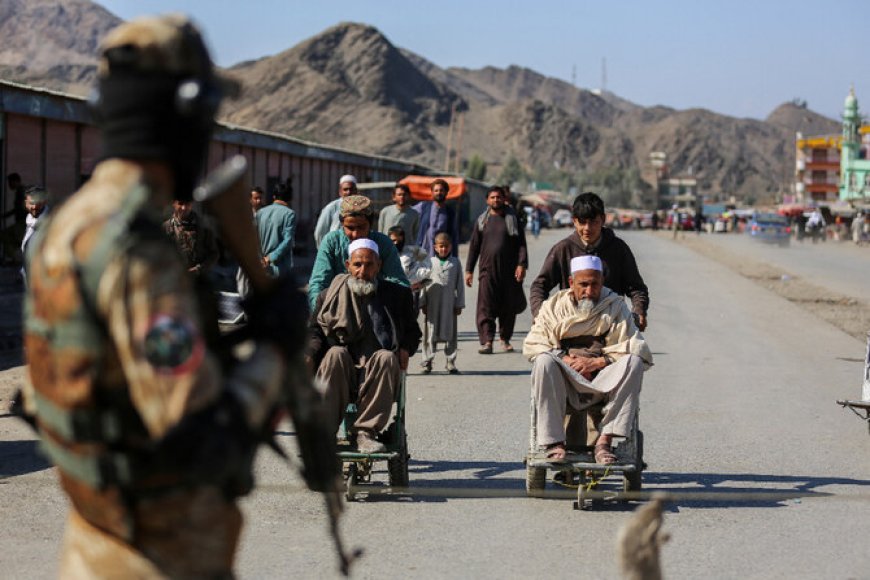A New Chapter for Afghan Special Forces: UK Government Reviewed Relocation Policy
Policy is about to change significantly: hundreds of Afghan ex-special forces personnel and their families will be moved to the UK

Policy is about to change significantly: hundreds of Afghan ex-special forces personnel and their families will be moved to the UK. Reversing the posture of the previous British government, this choice results from growing demand to review the treatment of individuals who sacrificed their lives in support of Western military operations in Afghanistan. Many Afghan special forces, who had collaborated closely with the UK and other NATO nations, found themselves abandoned and left to face possible Taliban reprisals following the disorderly Western departure from the country in 2021.
Under direction from the Ministry of Defense, the present inquiry seeks to reevaluate the applications of about 2,000 Afghan candidates who were earlier turned away for migration to the UK. About a fifth of these cases, according to Armed Forces Minister Luke Pollard, are likely to be cleared following fresh evidence revealing many of these agents had direct job links with the British government. This data refutes the assertion made by the previous government that Afghan special forces had just received top-up payments and reimbursements, judged inadequate to create official employment relations.
The shift is in line with long-standing criticism of the way the UK government treats Afghan friends when the Western military departure. Once praised as essential allies in the war against terrorism, many of these former troops were left abandoned and driven into hiding to flee Taliban reprisals. These people were more vulnerable as the Taliban strengthened their hold on power as their relationship to Western forces put their families and themselves in great risk. Some were lucky enough to arrive in the UK only to be housed for protracted periods in military bases, awaiting future resolution.
Speaking before the House of Commons, Pollard admitted the shortcomings of the previous government and said that the original rejection of many relocation petitions resulted from inadequate coordination among agencies. He stressed that the posture of the former government was not a deliberate act of dishonesty but rather a result of neglect to access important digital documents verifying direct links between Afghan forces and the UK. With its objective to correct this error, the new study offers many who were left in uncertainty a lifeline.
The choice to let more Afghan officials settle in the UK is seen as an attempt to restore confidence following the turbulent management of the Afghanistan drawdown. Western nations—including the UK—have come under heavy fire for their hurried departure and for neglecting Afghan people who were vital for military and intelligence operations. The destiny of these special forces agents has become progressively bleak as the Taliban keeps claiming authority over Afghanistan; their relocation provides some hope among continuous turmoil.
This progress also emphasizes a more general reassessment of UK responsibilities to her Afghan friends. The government now has the moral obligation to give people who supported their missions on the ground safe sanctuary given mounting proof of direct payments and job links. It is still to be seen as the review process progresses how many more Afghan nationals will gain from the updated relocation policy and how the UK will handle its more general obligations in the area moving ahead.
In the end, the choice represents a major step towards addressing the long-standing issues surrounding the security and protection of Afghan special forces. For individuals who stood side to shoulder with British forces, this relocation process is more than simply a paperwork issue; it's a survival one.













































